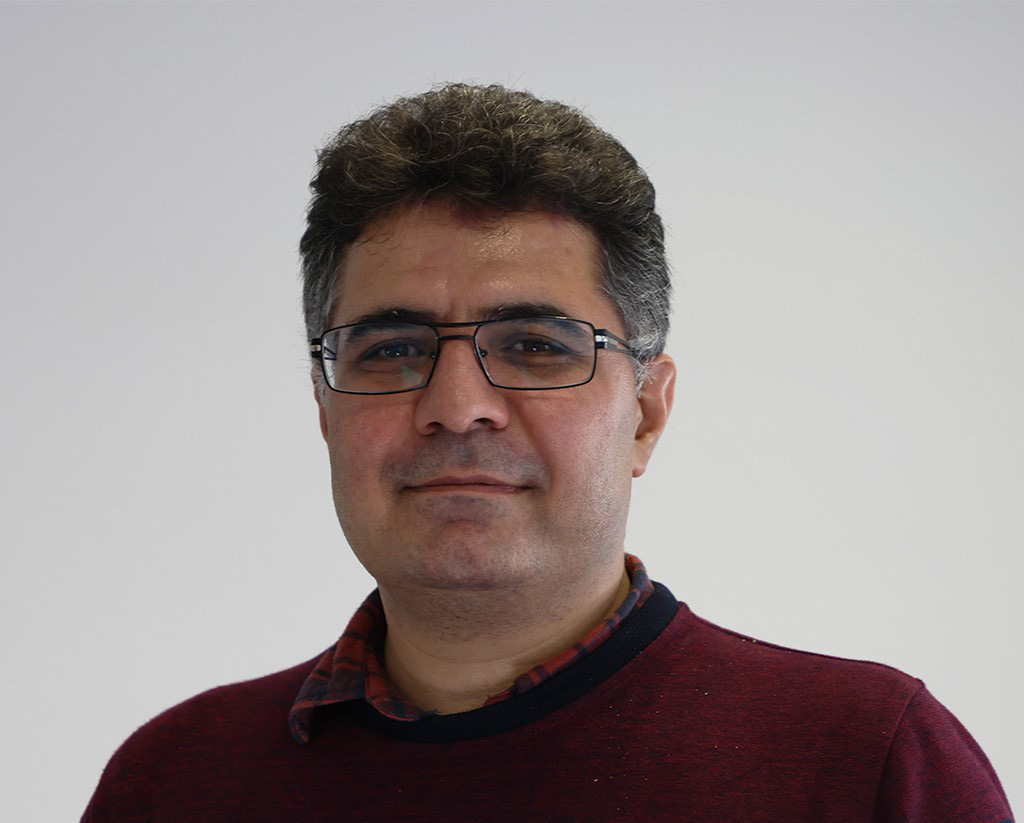Centrum für Nah- und Mittelost-Studien (CNMS)
Philipps-Universität Marburg
Deutschhausstr. 12 | D 35 032 Marburg
See also: https://www.modares.ac.ir/~s_dizaji
Centrum für Nah- und Mittelost-Studien (CNMS)
Philipps-Universität Marburg
Deutschhausstr. 12 | D 35 032 Marburg
See also: https://www.modares.ac.ir/~s_dizaji

Universität Kassel | Nora-Platiel-Straße 1 | 34127 Kassel
See also: https://www.modares.ac.ir/~s_dizaji
Sajjad Faraji Dizaji is an associate professor at the Department of Economic Development and Planning at Tarbiat Modares University, Iran. He received his PhD in Economics from the Tarbiat Modares Univesity in 2012 when he also did a one-year visiting study at the International Institute of Social Studies (ISS) of Erasmus University. During 2018-2021, he received a research fellowship through the Gerda Henkel Foundation for the “Economic Sanctions and Conflict Resolution” project. . Recently, he has been involved in a collaborative research project on the political economy of sanctions funded by the Qatar National Research Fund in cooperation with Coventry University, England.
Sajjad Faraji Dizaji is an associate professor at the Department of Economic Development and Planning at Tarbiat Modares University, Iran. He received his PhD in Economics from the Tarbiat Modares Univesity in 2012 when he also did a one-year visiting study at the International Institute of Social Studies (ISS) of the Erasmus University. During 2018-2021, he received a research fellowship through the Gerda Henkel Foundation for the project “Economic Sanctions and Conflict Resolution”. Recently, he has been involved in a collaborative research project on the political economy of sanctions funded by the Qatar National Research Fund in cooperation with Coventry University, England.
Sajjad Faraji Dizaji is not only an Iranian Economist with an outstanding academic career but also a prolific writer, published in more than thirty refereed national and international journals. His research interests concern the political economy of developing oil states, particularly in the Middle East, public policy, the effects of international sanctions and economic theory. As an Extractivism.de fellow, Diyaji further expands this analytical focus to the Maghreb, exploring the links between oil rents, middle class behavior, and political institutions.
Dizaji, S.F., Farzanegan, M.R. (2021). “Do Sanctions Constrain Military Spending of Iran?”, Defence and Peace Economics, 32(2): 125-150. VIEW PUBLICATION
Dizaji, S.F., Farzanegan, M.R. (2021). “Democracy and militarization in developing countries: A panel vector autoregressive analysis.” Defence and Peace Economics. VIEW PUBLICATION
Dizaji, S.F. (2019). “Trade openness, political institutions, and military spending (Evidence from lifting Iran’s sanctions)”, Empirical Economics, 57 (6): 2013-2041. VIEW PUBLICATION
Dizaji, S.F. (2018). “Economic Diplomacy in Iran: reorientation of trade to reduce vulnerability.” In: Bergeijk, P.A.G. van & Moons, S. (Eds). Research Handbook on Economic Diplomacy: Bilateral Relations in a Context of Geopolitical Change. Edward Elgar: pp. 273-296. VIEW PUBLICATION
| Cookie | Duration | Description |
|---|---|---|
| Cfduid | 1 month | The cookie is used by Content Delivery Network Services like CloudFare to identify individual clients behind a shared IP address and apply security settings on a per-client basis. It does not correspond to any user ID in the web application and does not store any personally identifiable information. |
| pll_language | 1 year | This cookie is provided by Polylang and saves the language of your browser. |
| Cookie | Duration | Description |
|---|---|---|
| cookielawinfo-checkbox-functional | 1 year | The cookie is set by GDPR cookie consent to record the user consent for the cookies in the category "Functional". |
| cookielawinfo-checkbox-necessary | 1 year | The cookie is set by GDPR cookie consent to record the user consent for the cookies in the category "Necessary". |
| viewed_cookie_policy | 11 months | The cookie is set by the GDPR Cookie Consent and is used to store whether or not user has consented to the use of cookies. It does not store any personal data. |